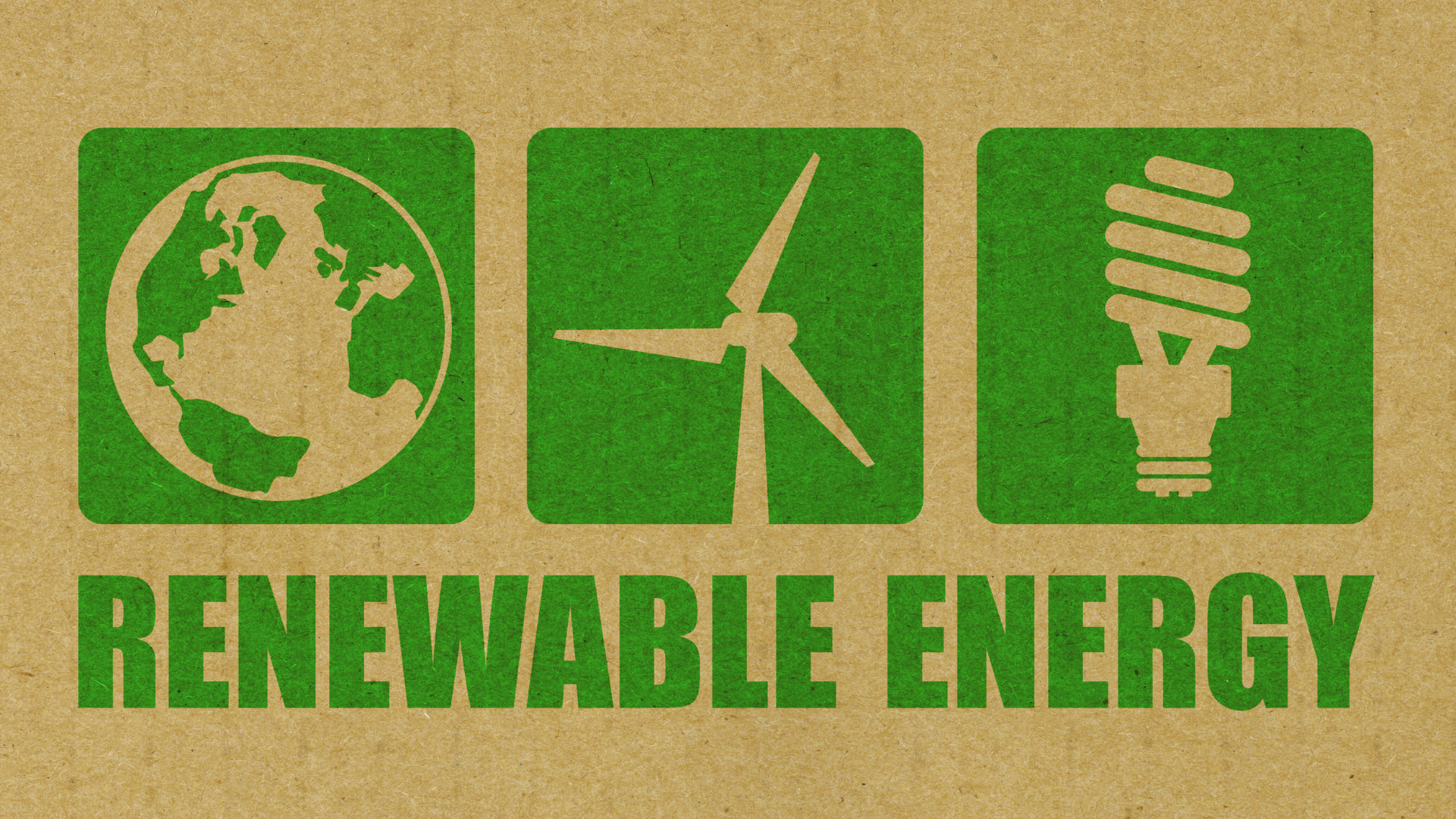

As the world grapples with climate change and environmental degradation, technology steps in to offer solutions that make sustainable living more achievable. Tech innovations such as apps, smart devices, and renewable energy platforms empower individuals to make eco-friendly choices effortlessly. These advancements break down barriers, allowing broader access to sustainable options that were once deemed inaccessible or complex.
From energy-efficient home systems to platforms that facilitate easy recycling and product transparency, technology is transforming how people engage with sustainability. Digital tools provide real-time information and support informed decisions, fostering a culture of accountability and environmental awareness.
Embracing these innovations not only enhances convenience but also encourages collective action toward a more sustainable future. By integrating technology into daily life, individuals and communities can actively contribute to a healthier planet and make impactful choices.
How Technology Drives Sustainable Choices
Technological advancements play a crucial role in making sustainable options more accessible. Innovations in digital transformation and artificial intelligence enhance decision-making processes, allowing consumers and businesses to adopt greener choices efficiently.
Tech Innovations Empowering Sustainability
Recent tech innovations have led to the creation of sustainable products and services. Companies are utilizing renewable materials and eco-friendly manufacturing techniques. For instance, biodegradable packaging made from plant materials reduces waste significantly.
Platforms that connect consumers with local sustainable businesses are also emerging. These platforms support small enterprises that prioritize sustainability. They help consumers make informed choices while promoting eco-friendly options within their communities.
Additionally, advancements in electric vehicles (EVs) are reshaping transportation. The development of efficient charging networks and battery technologies is making EVs more practical for everyday use, contributing to lower carbon emissions.
The Role of Digital Transformation
Digital transformation is redefining how organizations operate. Businesses leverage technology to streamline processes and minimize resource consumption. Cloud computing enables companies to reduce their carbon footprint by optimizing energy use in data centers.
Moreover, e-commerce platforms facilitate the purchase of sustainable products. Online shopping offers convenience and a wider range of eco-friendly goods, often with transparent sourcing and production information. Consumers can easily compare and choose environmentally responsible options.
Supply chain management also benefits from digital transformation. Blockchain technology, for example, enhances traceability in sourcing and production practices. This ensures that products meet sustainability standards, building trust with consumers.
AI and Analytics in Sustainable Decision-Making
Artificial intelligence (AI) and analytics are transforming sustainable decision-making. Organizations can analyze vast amounts of data to identify energy consumption patterns and waste reduction opportunities. Predictive analytics helps companies forecast their environmental impact, enabling proactive measures.
AI-driven solutions assist in optimizing resource use. For example, smart grids adjust energy distribution based on real-time demand, enhancing efficiency. In agriculture, AI tools empower farmers with insights into crop health and resource allocation, promoting sustainable farming practices.
Furthermore, data analytics supports transparency. Companies can track their sustainability performance and share metrics with stakeholders. This accountability fosters a culture of responsibility while encouraging consumers to support environmentally friendly practices.
Making Eco-Friendly Solutions Accessible
Innovations in technology have made significant strides in increasing access to eco-friendly solutions. These advancements enhance options in renewable energy, sustainable products, and electric vehicles, enabling individuals and businesses to make more sustainable choices.
Renewable Energy and Energy Efficiency
Renewable energy sources, such as solar and wind power, are more accessible than ever. Technologies have evolved, allowing for lower costs in the installation and maintenance of solar panels and wind turbines.
For example, home solar energy systems can be easily integrated into existing housing. Government incentives and financing options encourage adoption, reducing upfront costs.
Energy efficiency technologies, such as smart thermostats and LED lighting, also contribute to sustainable living. These tools help individuals manage energy consumption, leading to lower CO2 emissions and energy bills.
Sustainable Products and Packaging
Many companies are shifting towards sustainable products, enhancing availability for consumers. Biodegradable materials and organic ingredients are now widespread in everyday items.
Packaging innovations focus on reducing waste. This includes the use of recycled materials and alternative options, such as plant-based plastics. Many businesses are committing to minimalistic packaging, decreasing cost and environmental impact.
Sustainable choices in products encourage a healthier consumer population. Certifications like Fair Trade or USDA Organic help consumers identify eco-friendly options quickly.
Electric Vehicles and Emission Reduction
Electric vehicles (EVs) are rapidly becoming a mainstream choice. Major automotive companies are increasing their EV offerings, making these vehicles more available for consumers.
Infrastructure improvements, like expanded charging networks, facilitate the transition to EVs. Government incentives further lower the purchase price, making these eco-friendly options accessible for many.
The shift to electric vehicles contributes significantly to emission reduction. They help lower greenhouse gas emissions in urban areas, improving air quality and public health while addressing climate change challenges.
Influencing Consumer Behavior and the Economy
Technology plays a crucial role in reshaping consumer habits and driving economic impacts related to sustainability. Innovations enhance awareness of eco-conscious choices and promote responsible consumption, particularly in light of recent global events.
Eco-Conscious Choices After COVID-19
The COVID-19 pandemic significantly shifted consumer attitudes towards sustainability. Many individuals became more aware of environmental issues as they experienced the temporary reduction in pollution during lockdowns. This awareness led to increased interest in eco-friendly products.
Brands that aligned with these values saw surges in demand. Eco-conscious consumers now actively seek information about product origins and sustainability practices, influencing businesses to adopt greener measures. E-commerce platforms also play a role in promoting these choices, offering sustainable options prominently.
Analytics for Tracking Food and Waste Reduction
Data analytics tools help businesses and consumers track food purchases and consumption patterns. Enhanced visibility into food waste enables targeted initiatives for reduction. For instance, apps that calculate an individual’s waste levels lead to behavioral changes over time.
Organizations leverage analytics to identify inefficiencies and improve inventory practices. By adopting such technologies, both consumers and businesses can minimize waste and promote sustainability. Focused efforts on reducing food waste contribute positively to environmental sustainability and economic savings.
Traceability and Climate Action in Business
Traceability in supply chains promotes transparency and fosters trust among consumers. Technology enables businesses to offer detailed insights into sourcing, production methods, and environmental impacts. This transparency supports consumer decision-making in favor of sustainable products.
Companies actively participating in climate action initiatives often emphasize their commitment through certifications and eco-labels. As consumers become more discerning, brands that demonstrate traceable, sustainable practices can gain a competitive edge in the economy. This influence encourages further adoption of climate-positive strategies across various industries.
Global Impact: Toward a Net-Zero Future
Tech innovations play a crucial role in advancing sustainable practices and combating climate change. These advancements not only enhance efficiency but also promote circular economies, making net-zero targets more achievable.
Tech-Enabled Climate Solutions
Technological advancements contribute significantly to climate solutions. Smart sensors and IoT devices optimize energy usage in buildings, reducing waste. Renewable energy technologies, such as solar and wind, have become more efficient and affordable.
E3 initiatives combine energy efficiency, renewables, and electrification, promoting a holistic approach to sustainability. For example, software tools enable companies to track carbon emissions, enhancing accountability and transparency.
Recycling technologies are also evolving, improving the capture and reuse of materials. Innovations in chemical recycling allow for more types of plastics to be processed, minimizing environmental impact. Overall, technology accelerates the transition toward a net-zero future.
Corporate Examples: Philips Leading the Way
Philips is at the forefront of corporate sustainability efforts. The company has committed to becoming carbon neutral by 2025 and has implemented several innovative strategies.
Philips utilizes energy-efficient LED lighting, which reduces energy consumption significantly. By focusing on circular economy principles, Philips ensures products are designed for longevity and recyclability.
The firm also invests in sustainable practices across its supply chain. Collaborations with local entities enhance their recycling efforts, fostering community engagement. Philips’ dedication illustrates how corporations can lead in achieving environmental sustainability while addressing climate change.
